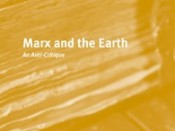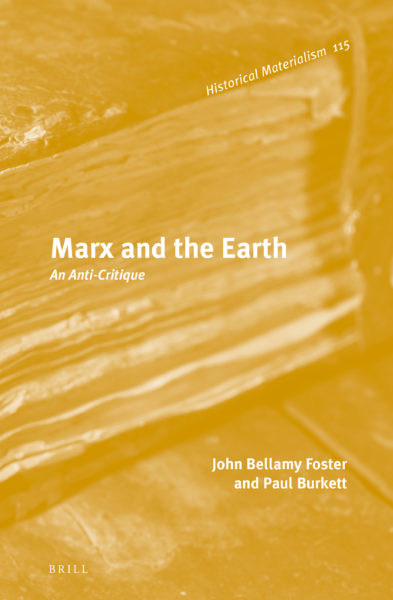“Value Isn’t Everything” (coauthored with Paul Burkett, Foster listed first), Monthly Review vol. 70, no. 6 (November 2018), pp. 1-17. DOI: 10.14452/MR-070-06-2018-10_1 [HTML]
The rapid advances in Marxian ecology in the last two decades have given rise to extensive debates within the left, reflecting competing conceptions of theory and practice in an age of planetary ecological and social crisis. One key area of dispute is the attempt by a growing number of radical environmental thinkers to deconstruct the labor theory of value in order to bring everything in existence within a single commodity logic. For many in Green circles, Karl Marx and a long tradition of Marxian theorists are to be faulted for not directly incorporating the expenditure of physical work/energy by extra-human nature into the theory of value. In response, this article argues that any form of analysis that seeks to eliminate the deep-seated dialectical contradictions between the natural form and the value form, as well as between the capitalist economy and the larger socioecological metabolism, fails to comprehend the complex, interdependent dialectics of nature and humanity.
- Earlier version was published in International Socialism 160 (Autumn 2018): 39-58.


